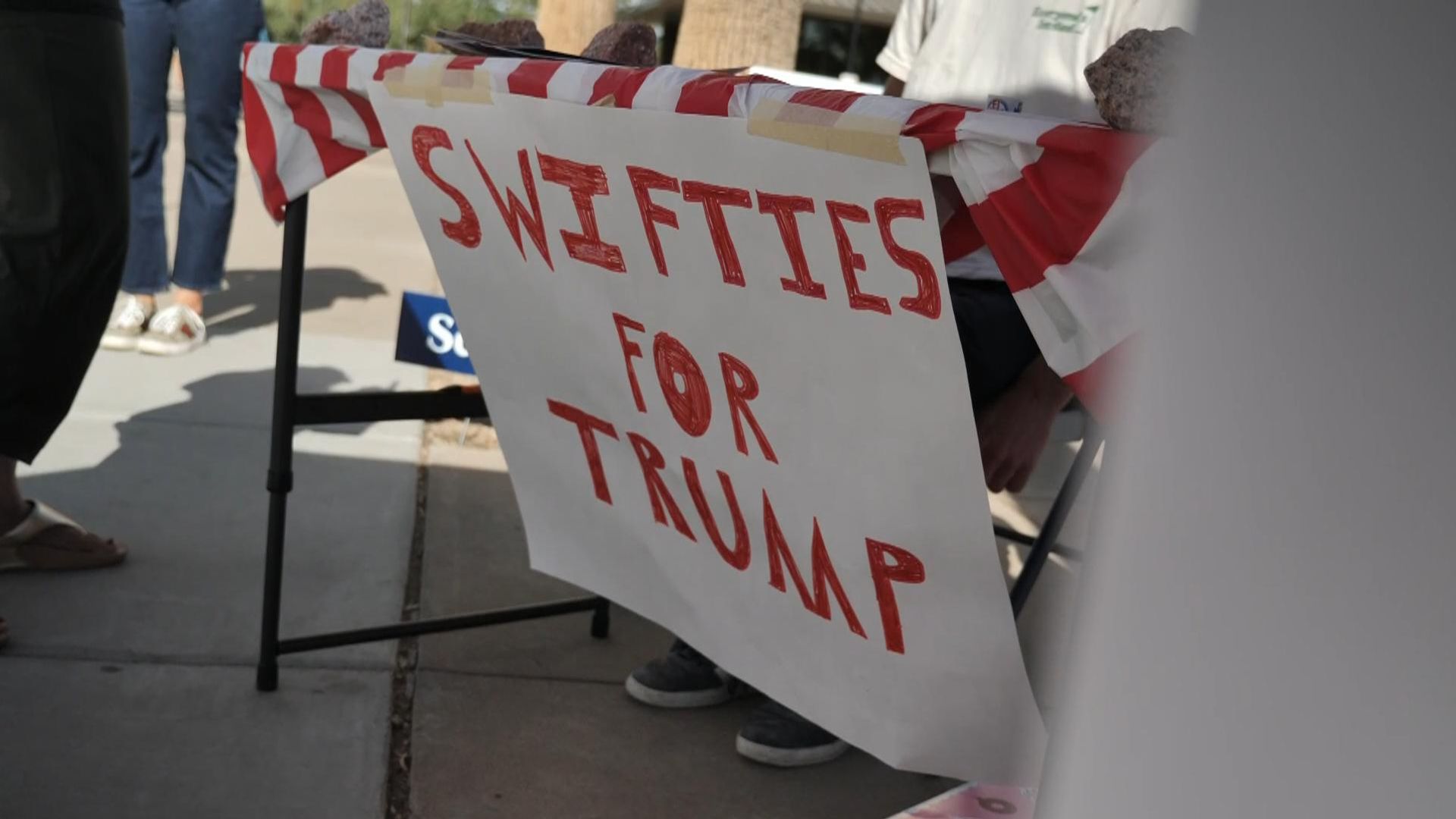
CARIBOU, Maine – The Caribou Historical Society reopened its museum last year after a three-year COVID hiatus, with volunteers wanting to grow enthusiasm for local history and expand their community presence.
The Whittier Museum’s group of four volunteer board members were energized and ready to educate younger generations about Caribou’s history. They helped Caribou eighth graders create podcasts based on interviews with retired educators, and hosted several local historians and artists.
But nearly a year later, the museum has yet to find people to serve as docents, volunteer tour guides and historical experts, who can keep the attraction open regularly.
“Docents are the most important people in the museum. It’s more than just standing at the door and greeting people,” said Anastasia Weigle, vice president of the Caribou Historical Society. “They are people with histories in Caribou, who have so many stories and ways to share their knowledge.”
The Historical Society is not giving up. In fact, members are launching a new program to recruit senior citizens as docents.
In March, a trainer from the Digital Equity Project of Maine will offer eight hours of classes to seniors on how to use the internet and technologies like tablets in their everyday lives. Then they’ll focus on using the museum’s technologies to show visitors items in special collections and exhibits and lead presentations on historical topics.
A $7,000 grant from the Davis Family Foundation will cover travel costs for the Digital Equity Project trainer, marketing for the classes, the purchase of iPads, tablets and a portable projector and $60 stipends for docents who volunteer in the museum on Saturdays starting in April.
Despite reopening and hosting several popular events last year, the museum’s hours and programming have been inconsistent because there are no docents, Weigle said.
“We try to open every Saturday from 10 a.m. to noon or 1 p.m., if we have somebody who can be there,” Weigle said. “All our board members work full time, so what we really need are people willing and able to invest time in the museum.”
The Historical Society is targeting adults aged 55 and older for the docent training, in part because younger volunteers are harder to come by.
Though the museum still has a dedicated group of 12 non-board volunteers, those people mainly focus on special projects, like archiving historical materials and artifacts, even when the museum is closed. Docents must be there during public weekend hours, which makes retired senior citizens the ideal volunteers, Weigle said.
“I think when COVID started and kept everyone isolated, people stepped back [from volunteering],” Weigle said. “By the time we reopened, young people were doing other things with their families on Saturdays. They’re stretched more thin now.”
Having at least four new docents could give other board members and other volunteers more time to plan public events and new exhibitions, especially from April to October, when the museum sees most of its visitors, Weigle said.
Those wishing to sign up for the docent training can call the Whittier Museum at (207) 498-2556, email [email protected] or go to the Historical Society’s website.








